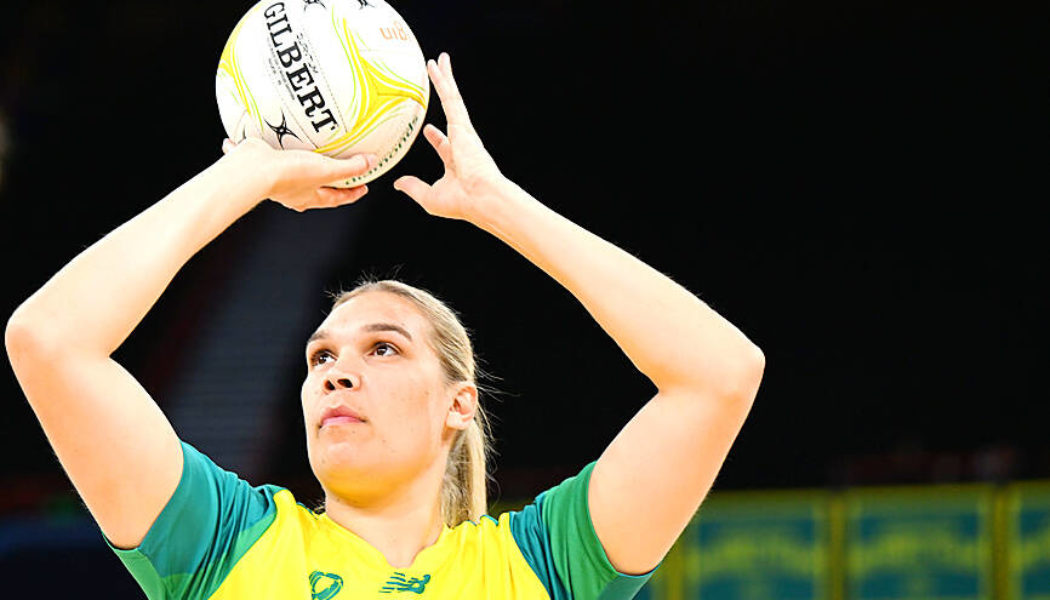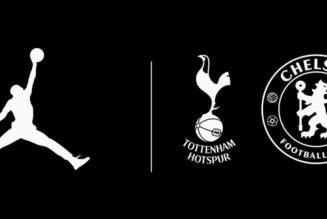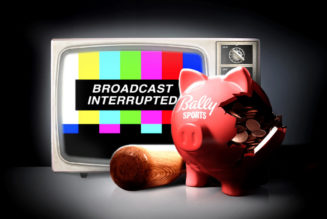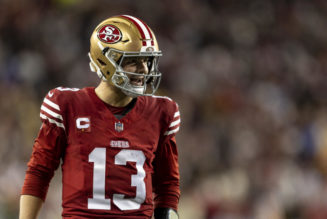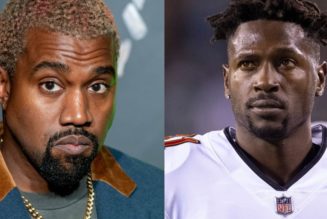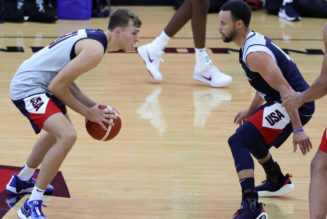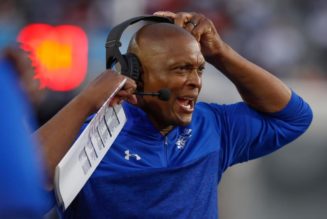-
Reuters, MELBOURNE
Athletes who agitate against sponsorships from certain companies for ethical reasons harm the growth of sports, a senior Australian media executive said yesterday.
News Corp Australia executive chairman Michael Miller said in a panel discussion at the SportNXT conference in Melbourne that “stars” were sports’ greatest strength, but also potentially its greatest liability.
“When sporting stars become activists, it has a negative impact on the growth of the game, in terms of athletes choosing who their sponsors are and who they will and won’t work with,” Miller said.
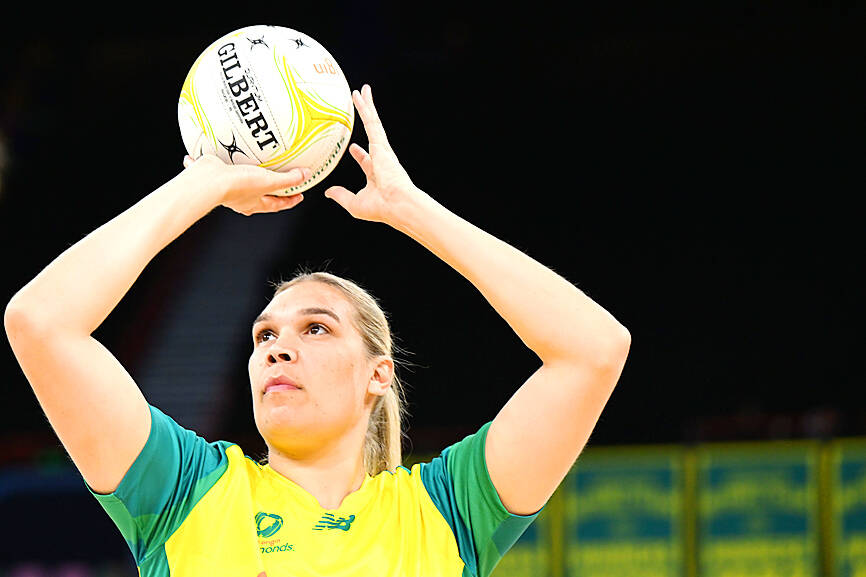
Photo: EPA-EFE
“I find that athletes feel they have permission to make those statements, but other organizations wouldn’t accept it,” he added. “If you don’t want to work for that organization, you leave and work elsewhere.”
News Corp has a major influence on Australian sports through its broadcast contracts, which pour hundreds of millions of dollars into the country’s most popular leagues.
Miller said that high-profile athletes would not be harmed by the results of their lobbying against certain sponsors, but it would have an effect further down the food chain.
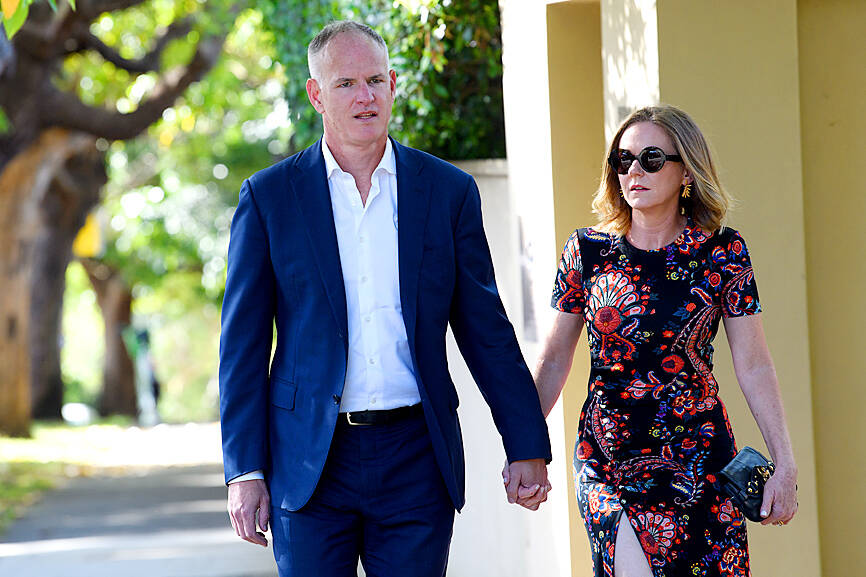
Photo: EPA-EFE
“Their pay isn’t going to suffer, but ultimately it’s the grassroot and pathway programs that will,” he said.
Ethical sponsorship has become a hot-button issue in Australian sports in the past few years, with several athletes raising concerns about corporate backers.
Australia Test cricket captain Pat Cummins last year said that he wanted climate to be a “real priority” when choosing sponsors and said he had spoken to Cricket Australia chief executive officer Nick Hockley about his concerns.
In October last year, Cricket Australia agreed to cut short a multiyear sponsorship with Alinta Energy, citing a change in the energy company’s brand strategy.
That same month, Hancock Prospecting, owned by billionaire mining magnate Gina Rinehart, withdrew a A$15 million (US$10 million) sponsorship from Netball Australia after players refused to wear the company’s logo on their uniforms.
The player backlash was sparked by First Nations squad member Donnell Wallam, who expressed an objection to wearing a uniform with the Hancock logo on it because Rinehart’s father, Lang Hancock, who was also founder of the company, had suggested in 1984 that indigenous Australians should be sterilized.
Additional reporting by The Guardian
Comments will be moderated. Keep comments relevant to the article. Remarks containing abusive and obscene language, personal attacks of any kind or promotion will be removed and the user banned. Final decision will be at the discretion of the Taipei Times.
Services Marketplace – Listings, Bookings & Reviews
